Earth

Educators and Parents, Sign Up for The Cheat Sheet
Weekly updates to help you use Science News Explores in the learning environment
Thank you for signing up!
There was a problem signing you up.
-
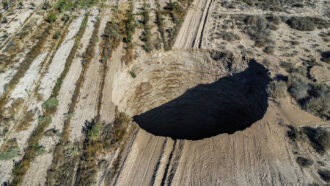 Earth
EarthMany natural underground stores of freshwater are shrinking
A lot of these aquifers are quickly disappearing due to climate change and overuse. Fortunately, there is growth in some of the world’s major aquifers.
-
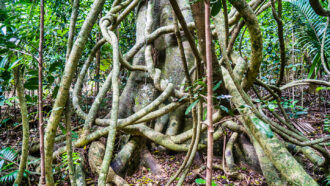 Plants
PlantsRampaging vines are slowly strangling tropical forests
Called lianas,these vines are growing out of control. They may cause tropical forests to absorb less carbon dioxide — worsening climate change.
By Douglas Fox -
 Plants
PlantsThis urban gardener is mimicking nature to create healthier plants
Urban garden specialist Kwesi Joseph is experimenting with rock dust and plants. He also helps New York City community and school gardens with gardening problems.
-
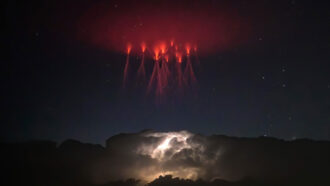 Earth
EarthExplainer: Sprites, jets, ELVES and other storm-powered lights
Fleeting glows collectively known as “transient luminous events” flash in the skies above powerful lightning storms.
-
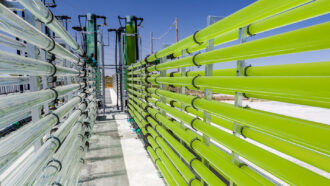 Environment
EnvironmentScientists Say: Carbon capture
Carbon capture technology tackles climate change by stomping out carbon dioxide at the source.
-
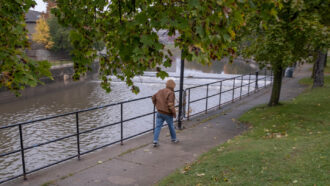 Health & Medicine
Health & MedicineHealth problems persist in Flint 10 years after water poisoning
Flint, Mich., residents still show health impacts long after a switch in their drinking-water source exposed them to toxic lead and other pollutants.
-
 Health & Medicine
Health & Medicine9 things to know about lead’s health risks — and how to curb them
Lead has been linked to lower IQ, behavior problems, mental-health disorders, strokes and more health impacts. There are ways to reduce your exposure.
-
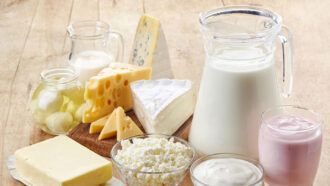 Microbes
MicrobesLet’s learn about useful bacteria
Bacteria do many useful jobs almost everywhere on Earth, from the soil to the seafloor to our stomachs.
-
 Earth
EarthGet ready for the 2024 total solar eclipse
A total solar eclipse will race across North America on April 8, 2024, providing a rare opportunity for both scientists and casual observers.
-
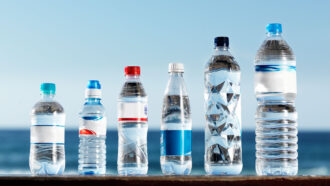 Environment
EnvironmentBottled water hosts many thousands of nano-sized plastic bits
The finding emerges from tests of a new tool that identified smaller-than-ever tiny plastic bits in three brands of bottled water.
By Laura Allen -
 Science & Society
Science & SocietyScientists Say: Model
Models are representations of real-life systems or processes that we use to ask questions, make predictions and test our knowledge.
-
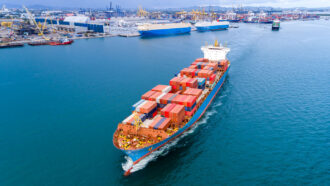 Oceans
OceansAnalyze This: Climate change may worsen the spread of ocean noise
Some parts of the ocean may become five times as loud in the future.